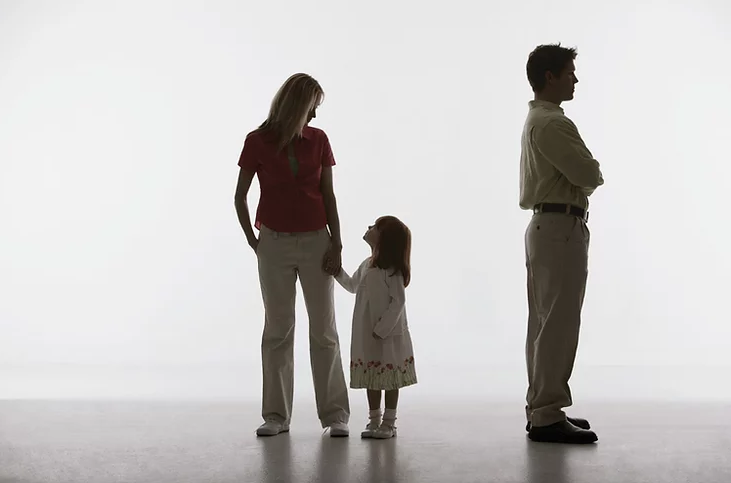
“There comes a time when you have to stop crossing oceans for people wouldn’t even jump puddles for you.” – Anonymous
When people acknowledge that they may have codependent characteristics, they often begin to wonder how these co-dependent tendencies originated. Why do some people feel insecure in all of their relationships? What causes co-dependency? Why is it so difficult to break free from co-dependent relationships? While the answers aren’t the same for everyone, it begins in childhood for most people.
Those who are co-dependent as adults often had issues with their childhood parental relationships. They may have been taught that their own needs were less important than their parents’ needs, or not important at all. In these types of families, the child may be taught to focus on the parent’s needs and to never think of themselves. Needy parents may teach their children that they are selfish or greedy if they want anything for themselves (Berry, 2017). The child learns to ignore their own needs and thinks only of what they can do for others at all times. As a result, children learn that they are bad, unworthy, incapable, and the cause of family dysfunction. This belief system creates the roots of adult co-dependent relationships (Martin, 2016).
Children raised in dysfunctional environments carry all of these relationship dynamics and unresolved issues into their adult relationships. Even though their relationships are unsatisfying they repeat them because they are familiar. Many people are unsure of what a healthy relationship is and/or don’t feel deserving of one. According to Whitfield (1987) children who grew up in unhealthy family systems are subjected to a psychic wounding process throughout crucial developmental stages. The developing child receives a preponderance of conflicting, often destructive messages in an unhealthy family system. This experience inhibits the development of an authentic self. In response, the child begins the process of negating and eventually destroying the true self, developing a co-dependent self to engage the world (Kelly, 2015). This process leaves the child with a deep sense of emptiness and shame, as he or she becomes more and more convinced that if anyone got close to the true or authentic self, that person would certainly abandon him or her. The dysfunction is deeply ingrained, as the individual develops unhealthy patterns of behaviour beginning in early childhood (Kelly, 2015).
According to Sharon Martin (2016), it is important to be compassionate with yourself. As a child, you were stuck. You could not leave your family, so you found ways to cope. You develop strategies to survive. They served you well as a child. Now you’re an adult who can clearly see your codependency’s roots more clearly. Your parents were not able to meet your needs. This doesn’t mean you’re flawed. However, you no longer need to live your life as a scared child who has to prove their worth through every action. Asking for help is the first step.
If you’re co-dependent, this probably sounds very familiar and perhaps brings back some childhood memories. To avoid passing codependency down to your children, it’s important to heal yourself. It can be helpful to identify your own co-dependent traits and think about how you can actively teach your child to think, feel, and act differently.
If you recognise these codependency patterns in your life, it’s time to take action. My Practice Counselling Melbourne specialises in helping individuals break free from codependent behaviors and build healthier, happier relationships. Don’t let codependency hold you back any longer. Take the first step towards self-discovery and healing today. Reach out to us for support and transformation.
In part 5, we will look at how to heal from codependency?
Sources
- Berry, J. Codependent relationships: Symptoms, warning signs, and behaviour. Retrieved from https://www.medicalnewstoday.com/articles/319873
- Martin, S. (2016). What Causes Codependency? – Sharon Martin Counseling San Jose. Retrieved from https://sharonmartincounseling.com/what-causes-codependency/
- Martin, S. The Generational Effects of Codependency – Live Well with Sharon Martin. Retrieved from https://livewellwithsharonmartin.com/generational-effects-of-codependency/
- Whitfield, C. (1987). Healing the child within. Health Communications; Revised ed. edition.